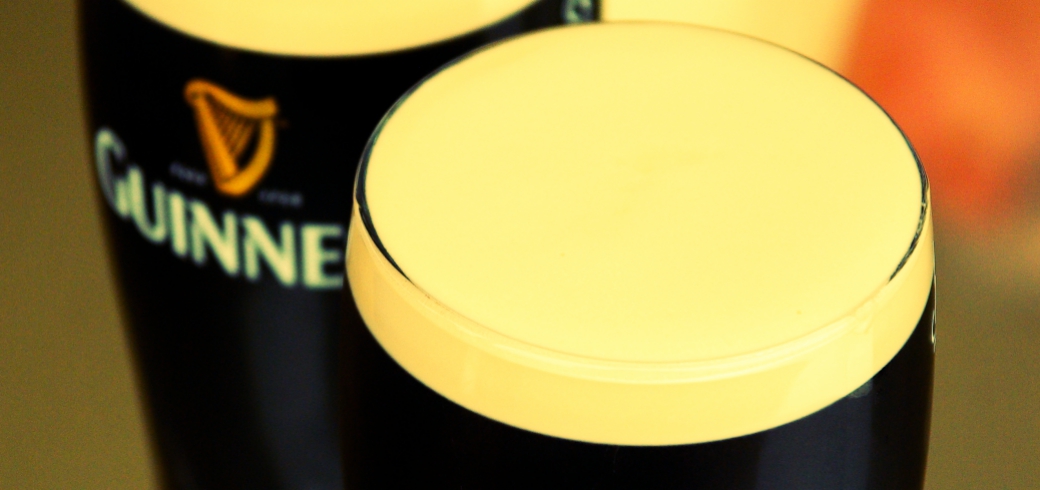The Boston Beer Company, maker of the Samuel Adams beers, has recently presented three new beers that contain nitrogen along with carbon dioxide.
The new ales—the Nitro Coffee Stout, Nitro White Ale, and Nitro IPA—are infused with nitrogen. Without going into the chemistry of the process, the primary difference between carbonation and nitrogenation of beer is that dissolved nitrogen forms smaller bubbles than carbon dioxide, thereby making beer softer and more creamy.
Even if you have not had a chance to try out the new Samuel Adams beers, you are most likely familiar with nitrogenated Guinness stouts—the ones that contain a floating widget thingy. In fact, Guinness pioneered the nitrogenation technology back in the 1960s. Today, nitrogen-infused craft beers become increasingly popular in the U.S.
The Boston Beer Company first tried making nitrogen infused beers in the 1990s. These were pilot projects that lasted for a limited time period and were aimed at particular market niches. The three new beers are the first Samuel Adams nitrogenated beers available in wide release.
Samuel Adams founder and brewer Jim Koch says that they “brewed more than 50 beer styles and worked with 200 recipes” to create the three new beers with nitrogen and refers to them as a “science experiment in a glass.” For example, using nitrogen instead of carbon dioxide reduced the perceived acidity of the resulting brew. To counter this effect, the brewers had to increase the quantity of hops they used.
According to the company’s press release, the brewers want us the experience “nitrogen, in place of carbonation.” In fact, carbon dioxide is produced as a natural consequence of the brewing process and every type of beer contains a substantial amount of it. Nitrogenated beers also contain dissolved carbon dioxide along with nitrogen.
The Boston Beer Company has plans to create more nitrogenated beers in the future.
